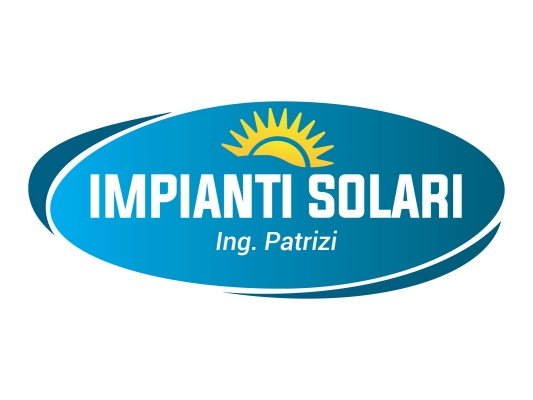
Joint Declaration on Stationary Fuel Cells for Green Buildings
We, the signatories of this declaration, acknowledge the global challenge posed by climate change and recognise the potential of Stationary Fuel Cells in the decarbonisation of the buildings sector.
Households and small businesses will play a vital role in the transition towards a decarbonised society. With heating and cooling in buildings responsible for 36% of carbon emissions in Europe, there is enormous potential to reduce our carbon footprint in the buildings sector through efficient, renewable and decentralised smart energy solutions.
Delivering an ambitious and just energy transition means establishing low-carbon technologies as the norm, while maintaining customer choice and ensuring the affordability of energy services. Stationary Fuel Cells have emerged as a key solution to these challenges – a solution that can contribute towards a progressive, consumer-centred pathway to carbon neutral homes and businesses by 2050.
Stationary Fuel Cells reduce energy consumption, carbon emissions and local air pollution. They can be connected to the gas grid or installed off grid, but they use hydrogen to efficiently produce heat and power and will increasingly run on renewable hydrogen or synthetic gases. Their deployment will help transform Europeans from energy consumers to energy ‘prosumers’ (producer-consumers), putting them at the centre of a future decentralised energy system.
Stationary Fuel Cells will increase the resilience of our increasingly renewable energy system by providing electricity when wind and solar energy output is low.
The signatories of this declaration stress that Stationary Fuel Cells have tremendous potential to contribute to the EU’s climate and energy objectives today and in the future, as part of a package of technology and market solutions tailored to residential and commercial buildings. Stationary Fuel Cells are at a critical stage in market adoption. Production and market uptake need to be increased and consumer and supply chain awareness must improve.
To maximise the decarbonisation potential of Stationary Fuel Cells we need sound and ambitious policies at European, national and local level to create a level-playing field for all energy solutions. Secondly, we need a commitment by industry to innovate in technology solutions, market deployment and customer empowerment. Finally, targeted funding and financing opportunities will address the industry’s needs and bridge the gap between early market uptake and mass commercialisation.
The signatories are committed to fostering opportunities for the fuel cells and hydrogen sector, ensuring it can reach its potential and significantly contribute towards EU’s energy, climate and competitiveness objectives as well as the urgent climate action needed at global level.
Political character of this initiative: This document does not create any legal rights or obligations and does not intend to replace or modify any existing legal rights or obligations.
The PACE and ComSos projects have received funding from the Fuel Cells and Hydrogen 2 Joint Undertaking respectively under grant agreement No 700339 and grant agreement No 779481.
This Joint Undertaking receives support from the European Union’s Horizon 2020 research and innovation programme and Hydrogen Europe and Hydrogen Research.
Read our press release and infographic explaining the technology and its benefits.
Joint Declaration Signatories
Associations








Authorities






Industry


















Research Institutes & Consultancies

















